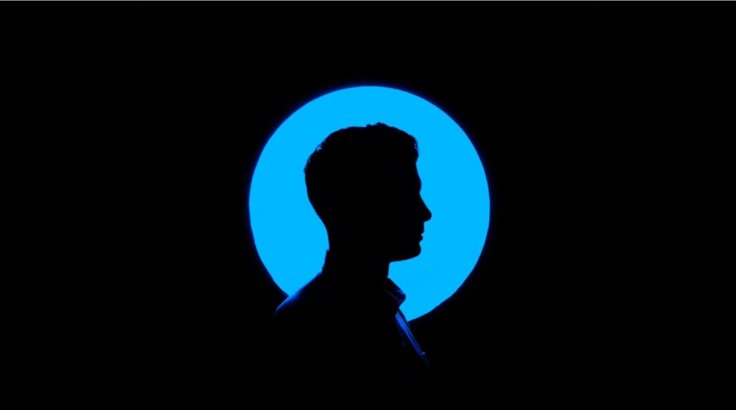
The future of Web3, the decentralized web and blockchain technology, is all about DIDs. DIDs like ShareRing, Sumsub, and Socure are digital identities that you can use to prove your identity online and on the blockchain. The Web3 revolution will upend how consumers access the internet and online services. But with decentralized technology, it is essential that security and privacy be just as decentralized, to truly benefit from the immense potential. Decentralized identities (DIDs) are going to spearhead Web3 adoption, making it extremely convenient yet secure to access decentralized online services. This article looks at the importance of DIDs and why they matter.
What are DIDs and Web3 and what's their relation?
Decentralized Identities (DIDs) are a new type of identity that allows people to own their personal data. They are created on the blockchain and can be used to prove who you are, when you were born, where you live, and even how much money you have. DIDs like ShareRing will also allow users to control who sees their information and how it is used in the future.
Web3 is a decentralized web where everyone has access to all information through apps built on top of Ethereum's blockchain technology. In short: it's a peer-to-peer network connecting computers around the world so that no one entity controls what happens within its borders—and thus eliminates censorship attempts by governments or other large corporations.
An incentive for the Consumer
- You can use the data you own to sign into apps, websites, and services.
- You can control who has access to your information.
- The only way for someone to know that you have a DID is if they have it on their own device (or yours).
How do you create a digital ID?
You can create a DID using a self-sovereign identity (SSI) tool like ShareRing or Sumsub. SSI tools allow users to control their own data, even if it's stored in a central database. In the case of decentralized identity, you will be able to prove who you are without having to rely on any third party such as Facebook or Google, or even governments themselves.
The main benefit of decentralized identities is that they are not owned by anyone else and cannot be taken away from you at any time. They also provide an opportunity for people who do not have access to traditional means of authentication like passwords, because they might need help proving themselves online while signing up for services or buying products online. This could be solved using these types of tools!
What's so exciting about it?
The first thing that comes to mind when we think about DIDs is control. You can be in charge of your identity, and it will always belong to you. No one else can take it away from you—no government, corporation, or even an individual hacker who breaks into your account. You can store as much data as you want (or need) on the blockchain, and because there are no intermediaries between the user and their own data, everything is secure too: no one can access your account without permission from you or someone else authorized by you (or whoever).
The Future of Web3 starts with Decentralized Identities.
The future of the web is decentralized. In fact, we are already living in a world where decentralized applications and services have become commonplace. However, this does not mean that we have yet reached true decentralization.
There are many DIDs use cases in Web 3.0. Anything on decentralization, including NFT, metaverse, gaming, Decentralised Finance (DeFi), Centralised Decentralised Finance (CeDeFi), and peer-to-peer transactions, embraces SSI with open arms.
According to Fraser Edwards, CEO and co-founder of cheqd, "open standards and the interoperability of digital identities will play a critical part in the quest for a multi-chain ecosystem that delivers dependability and scalability of everything from payment rails to community-building."
Conclusion
We believe that the future of Web3 is decentralized. Decentralized identities are one way that centralized identity systems can be replaced by a more distributed model. Since DIDs are digital identities that exist on a network independent of any single entity or institution within it, the user owns their own data and decides who they want to share it with or not. We are excited to see where this all goes.


